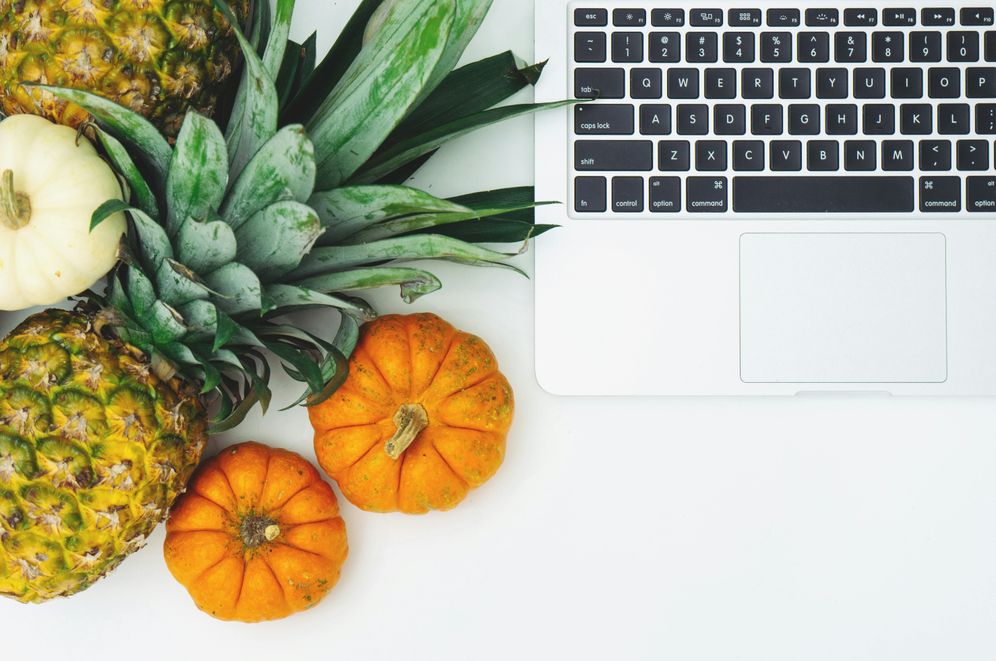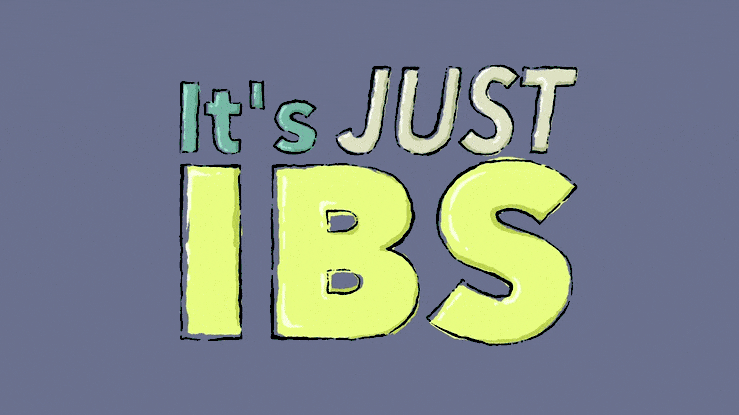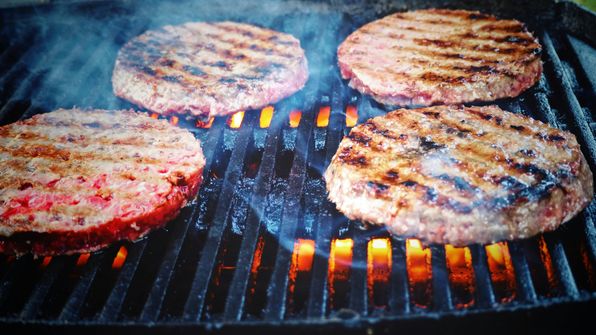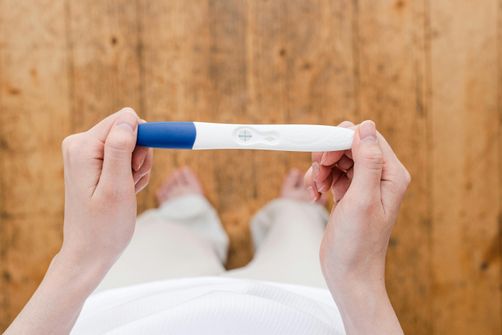
Social Success on the Carnivore Diet: Tips for Staying Committed at Gatherings and Restaurants
Social gatherings often mean a spread of carb-heavy foods and tempting desserts that can make sticking to the carnivore diet feel tricky. But with a b...

Living with Irritable Bowel Syndrome (IBS) can be challenging, especially for women who are more likely to experience this condition due to hormonal fluctuations, stress, and other factors. Fortunately, dietary changes can play a significant role in managing IBS symptoms. In 2024, several diets have emerged as effective ways to alleviate the discomfort associated with IBS while supporting overall health.
Let’s explore these diets, backed by facts, numbers, and statistics, and find out which one might work best for you.

Irritable Bowel Syndrome affects up to 15% of the global population, with women being twice as likely to be diagnosed as men. Symptoms include bloating, abdominal pain, gas, diarrhea, and constipation, which can significantly impact daily life. While the exact cause of IBS remains unknown, dietary management is one of the most effective ways to control symptoms.
Food plays a crucial role in IBS because certain foods can trigger symptoms, while others can soothe the digestive system. By carefully selecting what you eat, you can minimize flare-ups and improve your quality of life. In 2024, several diets have gained popularity for their effectiveness in managing IBS symptoms.
The Low FODMAP diet is one of the most well-researched and recommended diets for managing IBS. FODMAPs are short-chain carbohydrates that are poorly absorbed in the small intestine, leading to symptoms like bloating, gas, and diarrhea. By reducing or eliminating high-FODMAP foods, many people with IBS experience significant relief.
Women with IBS often find that their symptoms are influenced by hormonal changes, particularly during menstruation. The Low FODMAP diet helps by reducing the intake of foods that ferment in the gut, which can lessen bloating and discomfort during these times.
A study from Monash University, the institution that developed the Low FODMAP diet, found that approximately 75% of people who follow the diet experience a reduction in IBS symptoms. This diet is particularly beneficial for women, who may experience heightened IBS symptoms due to hormonal fluctuations.
A gluten-free diet eliminates all foods containing gluten, a protein found in wheat, barley, and rye. While this diet is essential for those with celiac disease, it can also benefit individuals with IBS, particularly those who experience gluten sensitivity.
Women are more likely to develop non-celiac gluten sensitivity, which can exacerbate IBS symptoms. By removing gluten, many women find that their digestive symptoms improve significantly.
Research published in the Gastroenterology & Hepatology indicates that about 30% of people with IBS report an improvement in symptoms after adopting a gluten-free diet. This diet is particularly beneficial for women who have a dual diagnosis of IBS and gluten sensitivity.
The Mediterranean diet is renowned for its heart-healthy benefits and emphasis on whole foods like fruits, vegetables, whole grains, legumes, nuts, and lean proteins, particularly fish. It’s also rich in healthy fats like olive oil.
This diet’s high fiber content and anti-inflammatory properties make it an excellent choice for women with IBS. The Mediterranean diet promotes gut health by encouraging a diverse intake of fiber, which can help regulate digestion and reduce symptoms like constipation.
According to a study in the Alimentary Pharmacology & Therapeutics, following the Mediterranean diet can reduce the severity of IBS symptoms by 25%. Its emphasis on plant-based foods and healthy fats is particularly beneficial for women, who are at a higher risk for heart disease.
The Specific Carbohydrate Diet (SCD) is designed to restore gut health by eliminating complex carbohydrates that are difficult to digest. This diet is often used to manage IBS, as well as conditions like Crohn’s disease and ulcerative colitis.
Women with IBS may benefit from the SCD because it focuses on easily digestible foods that reduce inflammation and promote gut healing. This diet is particularly effective for those who experience diarrhea-predominant IBS.
A study published in Nutrition & Food Science found that 50% of IBS patients who followed the SCD experienced significant improvement in their symptoms. This diet’s focus on gut-healing foods is especially helpful for women who suffer from chronic digestive issues.
A high-fiber diet emphasizes the consumption of fiber-rich foods such as fruits, vegetables, whole grains, and legumes. Fiber is essential for maintaining healthy bowel movements and can help alleviate both constipation and diarrhea in IBS patients.
Women are more likely than men to suffer from constipation-predominant IBS. A high-fiber diet helps to add bulk to the stool and promote regularity, which can significantly reduce symptoms.
The Nutrients reports that women who consume at least 25 grams of fiber daily are 40% less likely to experience severe IBS symptoms. However, it’s important to increase fiber intake gradually to avoid worsening symptoms.

Managing IBS can be a complex and personal journey, but the right diet can make a world of difference. In 2024, the Low FODMAP diet, Gluten-Free diet, Mediterranean diet, Specific Carbohydrate Diet, and High-Fiber diet stand out as the most effective dietary approaches for women with IBS. Each of these diets offers unique benefits, and the best choice will depend on your specific symptoms and lifestyle.
Before making any significant dietary changes, it’s essential to consult with a healthcare provider or a dietitian who can help tailor the diet to your needs. With the right approach, you can take control of your IBS symptoms and enjoy a healthier, more comfortable life.
A: The Low FODMAP diet is widely regarded as the most effective for managing IBS symptoms. It works by reducing foods that ferment in the gut, which can cause bloating, gas, and discomfort. Studies show that around 75% of people who follow the Low FODMAP diet experience significant symptom relief.
A: Yes, A gluten-free diet can be beneficial for women with IBS, especially if they have gluten sensitivity. About 30% of people with IBS report improvement in symptoms after eliminating gluten from their diet. This diet is particularly helpful for women who experience bloating, diarrhea, or abdominal pain triggered by gluten.
A: The Mediterranean diet, rich in fiber, healthy fats, and anti-inflammatory foods, can help reduce the severity of IBS symptoms. It’s particularly effective for women, as it promotes gut health and supports heart health, which is important given the higher risk of heart disease in women.
A: The Specific Carbohydrate Diet (SCD) can be effective for women with IBS, especially those with diarrhea-predominant symptoms. It focuses on easily digestible foods that reduce gut inflammation. Research shows that about 50% of IBS patients see improvement with this diet.
A: A high-fiber diet is beneficial for women with IBS, particularly those who struggle with constipation. Fiber helps regulate bowel movements and adds bulk to the stool, reducing symptoms like bloating and discomfort. It’s recommended that women consume at least 25 grams of fiber daily for optimal digestive health.
A: While these diets can be very effective, they may also pose some risks if not followed correctly. For example, the Low FODMAP diet is restrictive and can lead to nutrient deficiencies if not carefully managed. It’s important to consult with a healthcare provider or dietitian to ensure that your diet is balanced and meets your nutritional needs.

Social gatherings often mean a spread of carb-heavy foods and tempting desserts that can make sticking to the carnivore diet feel tricky. But with a b...

The carnivore diet is often seen as straightforward: eat meat, keep it simple. But adapting it seasonally can bring freshness, variety, and local flav...

The carnivore diet has become increasingly popular, but like any extreme dietary approach, it raises important questions—especially for women concerne...

The carnivore diet has gained attention globally, but women’s experiences and cultural approaches to animal-based eating vary widely depending on wher...

Living with Chronic Obstructive Pulmonary Disease (COPD) can make everyday activities feel like a marathon, especially for women who are juggling heal...